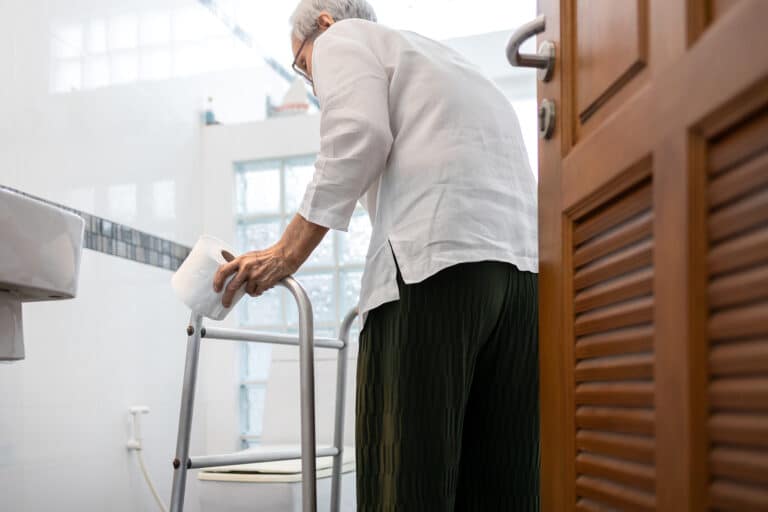Colorectal cancer is one of the most common cancers in the United States, affecting thousands of seniors each year. While it can be a serious diagnosis, early detection and proper care can make a significant difference. National Colorectal Cancer Month serves as a reminder to prioritize screenings, adopt healthy habits, and seek the right support. Senior home care plays an important role in helping older adults maintain their health, whether they are focused on prevention or managing life after a diagnosis.
What Is National Colorectal Cancer Month?
National Colorectal Cancer Month is observed every March to raise awareness about colorectal cancer, encourage early detection, and promote lifestyle choices that reduce risk. The campaign was established to educate the public about the importance of routine screenings, as early detection significantly improves outcomes.
Colorectal cancer develops in the colon or rectum, often starting as small growths called polyps. Over time, these polyps can become cancerous if not detected and removed. Regular screenings, such as colonoscopies, can help identify and remove polyps before they turn into cancer.
Signs, Symptoms, and Risk Factors of Colorectal Cancer
Colorectal cancer often develops without noticeable symptoms in its early stages, which is why regular screenings are so important. When symptoms do appear, they may include:
- Changes in bowel habits, such as constipation or diarrhea
- Blood in the stool or rectal bleeding
- Abdominal pain, cramps, or bloating
- Unexplained weight loss
- Fatigue or weakness
Certain factors increase the risk of developing colorectal cancer, including:
- Age (risk increases after 50)
- A family history of colorectal cancer or polyps
- A diet high in red or processed meats
- A sedentary lifestyle
- Smoking and heavy alcohol use
- Chronic conditions such as diabetes or inflammatory bowel disease
- Understanding these risks can help seniors take proactive steps toward prevention.
How Senior Home Care Supports Colorectal Cancer Prevention and Recovery
1. Encouraging Healthy Eating Habits
A well-balanced diet rich in fiber, fruits, and vegetables can support digestive health and reduce the risk of colorectal cancer. Caregivers can assist with grocery shopping, meal planning, and cooking nutritious meals that promote overall wellness.
2. Assisting with Screenings and Medical Appointments
Routine screenings are one of the best ways to detect colorectal cancer early. Senior home care provides transportation and companionship for medical appointments, ensuring seniors stay on track with recommended screenings and follow-ups.
3. Promoting Physical Activity
Regular exercise supports digestive health and overall well-being. Whether it’s taking short walks, stretching, or engaging in light exercises, caregivers can help seniors stay active in ways that are safe and enjoyable.
4. Providing Support After a Diagnosis
For seniors who have been diagnosed with colorectal cancer, daily support is essential. Caregivers can assist with personal care, medication reminders, and meal preparation to ensure seniors receive the care they need while recovering or undergoing treatment.
Platinum Care Group is committed to helping seniors live safely and comfortably at home, whether they are focused on prevention or need support after a diagnosis. Senior home care provides the assistance necessary to maintain health, independence, and peace of mind.


